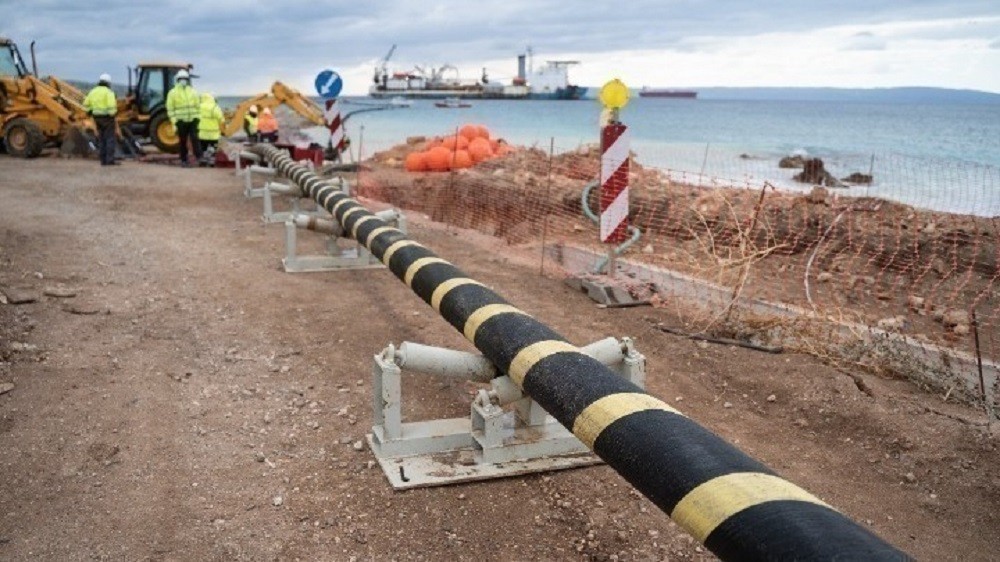
Bloomberg report gives Greece an overall ‘B’ for its performance in the Eurozone
Despite the severe battering suffered by Greece’s economy during the extended crisis, Bloomberg has given Greece with an overall ‘B’ grade in its report for the euro’s 20th anniversary, published on Friday.
Entitled “As the Euro Turns 20, a Look Back at Who Fared the Best. And Worst”, the report gives a country by country breakdown of how the economy of each eurozone member-state has performed after joining the euro area, giving the grades of A (very good), B (satisfactory) and C (mediocre).
“While Greece suffered mightily during the sovereign debt crisis, it also eked out a B. For all that went wrong, being part of the euro for 18 years made it possible for Greece to build new trade relationships with Europe’s wealthier core. Transferring monetary policy to a credible central bank brought greater price stability in the early years and the recent past has seen a big improvement in competitiveness,” the report said.
Bloomberg Economics submitted 16 Eurozone member-states – excluding the Baltic countries that joined in 2011, to 10 economic tests to determine which countries best reaped the benefits of using the euro. The authors note that the tests do not indicate whether the countries would have been better off outside the euro, nor do they measure their overall prosperity and economic health, but simply “how well each country seized the opportunities and navigated the risks of a shared currency”.
“The results portray a divided continent. Of the 16 countries tested, six ended up with As, five got Bs and another handful scored Cs. The three Baltic nations that joined since 2011 weren’t tested because they haven’t been in the group long enough,” the report said.
Greece’s score in the 10 tests were as follows:
- FAVORABLE FINANCIAL CONDITIONS – A
- ABILITY TO BORROW – C
- GREATER INTEGRATION – A
- PRE-CRISIS COMPETITIVENESS – C
- PRODUCTIVITY GROWTH – C
- POST-CRISIS COMPETITIVENESS – A
- INFLATION ANCHORING – A
- POST-CRISIS LABOUR COSTS – A
- FISCAL POLICY OPTION – C
- PRE-CRISIS LABOUR COSTS – C
The ‘A-list’ countries included Austria, Belgium, Finland, Germany, Slovakia and Slovenia, other B’s went to Ireland, Luxembourg, the Netherlands and Portugal, while Cs were handed out to Cyprus, France, Italy, Malta and Spain.
Source: ANA-MPA
Missing ancient artifact ‘Stone of Nikouria’ dating the 3rd century BC, rediscovered on Amorgos

